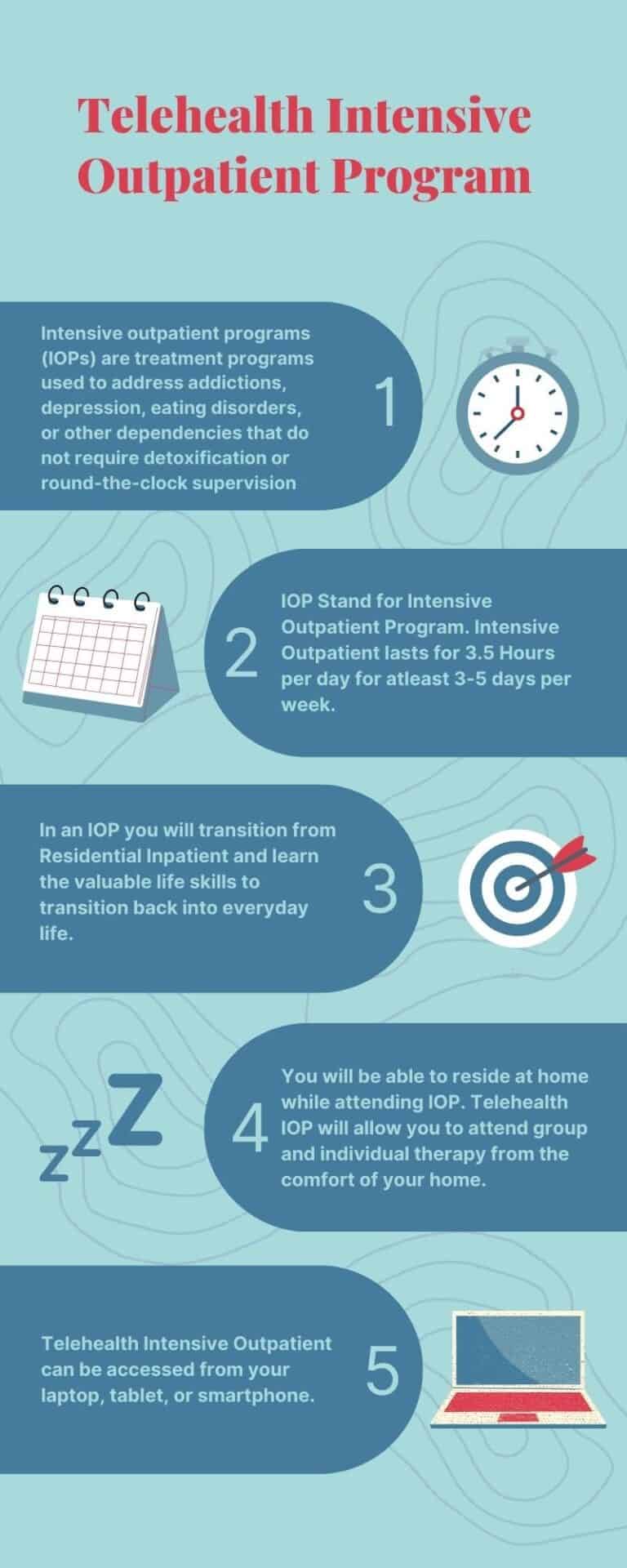Navigating the Complexities of Twin Medical Diagnosis Therapy Within an Extensive Outpatient Program Setting
In the realm of mental wellness and addiction treatment, the junction of dual diagnosis provides a nuanced obstacle that requires a detailed and customized approach. By discovering the ins and outs of twin diagnosis treatment within this intensive outpatient context, a clearer path emerges in the direction of all natural and lasting recuperation for those grappling with these intertwined obstacles.
Twin Diagnosis Introduction
What is the significance of understanding double medical diagnosis in psychological health and wellness therapy? It is crucial to recognize and resolve this comorbidity as it can significantly affect the performance of mental wellness treatment.
Comprehending twin diagnosis is vital as it requires a detailed and integrated strategy to therapy. By recognizing the interaction between substance usage and mental health and wellness, medical care companies can customize treatments to fulfill the special demands of each person. This holistic approach not just addresses signs however also targets underlying elements that add to the dual medical diagnosis.
Moreover, untreated double diagnosis can lead to a cycle of regression and worsening mental health signs and symptoms. By recognizing the intricacy of double diagnosis and providing specialized care, healthcare professionals can support people in attaining lasting healing and improved psychological health.
Tailored Treatment Plans
Recognizing the complex interaction between material use conditions and mental health and wellness problems, the advancement of tailored treatment strategies is paramount in addressing the intricacies of twin medical diagnosis in mental wellness treatment. Tailored treatment plans are customized strategies that consider the special needs, challenges, and goals of individuals encountering double medical diagnosis. These plans are developed collaboratively by a multidisciplinary team of specialists, including psychiatrists, psycho therapists, social employees, and dependency experts, to make certain comprehensive and integrated care.
Tailored treatment plans usually include a combination of therapies, drugs, and behavioral interventions that target both the substance use disorder and the psychological wellness problem concurrently. These strategies might consist of cognitive-behavioral therapy, dialectical behavior therapy, medication-assisted therapy, specific therapy, group therapy, and family treatment, amongst other evidence-based treatments. By customizing therapy techniques to private scenarios, tailored plans can deal with the origin of double diagnosis, advertise lasting healing, and boost general lifestyle for people battling with co-occurring disorders.
Integrated Treatment Strategy

By integrating social treatments like family members therapy, professional support, and area sources, the treatment ends up being much more all natural and customized to the individual's specific requirements. On the whole, an incorporated treatment approach in twin diagnosis therapy within an extensive outpatient program setup aims to provide extensive, efficient, and personalized care to people facing co-occurring conditions (Intensive Outpatient Program (IOP)).
Obstacles in IOP Setting
In the context of double medical diagnosis therapy within an intensive outpatient program, navigating the intricacies of co-occurring compound use disorders and mental wellness conditions offers significant challenges. One of the primary difficulties in the IOP setup is the control of care between psychological wellness professionals and chemical abuse specialists to make sure a detailed therapy method. This calls for efficient interaction, collaboration, and a deep understanding of just how these conditions interact and affect each various other.
Furthermore, the changing nature of substance use problems and psychological wellness problems adds another layer of intricacy - Intensive Outpatient Program (IOP). Customers in an IOP may experience unexpected shifts in their signs and symptoms or material cravings, needing timely treatment and change of therapy approaches. Stabilizing the strength of therapy and assistance while allowing customers the flexibility to manage their daily responsibilities can be a delicate equilibrium to maintain
Moreover, attending to stigma and resistance to therapy within the IOP setting can restrain progress. Some people might be reluctant to divulge their twin diagnosis or might really feel ashamed, hindering their interaction in the therapeutic procedure. Conquering these barriers requires an encouraging and non-judgmental setting that promotes trust fund and openness.

Collaborative Expert Efforts

Collective efforts also include regular interaction and details sharing among group members to ensure a natural therapy method - Intensive Outpatient Program (IOP). This might entail case seminars, joint sessions with the client, or shared paperwork to track progression and adjust therapy strategies as needed. Furthermore, cooperation may include involving other health care experts such as medical care physicians or household specialists to supply holistic assistance to the person. Ultimately, an unified front of experts interacting boosts the effectiveness of dual medical diagnosis therapy within an extensive outpatient program.
Conclusion
Finally, reliable dual medical diagnosis treatment within an intensive outpatient program setting calls for customized therapy plans and an incorporated care approach. Obstacles may emerge in this setting, however joint efforts amongst experts can help navigate these intricacies. By resolving the unique needs of individuals with co-occurring mental wellness and compound use disorders, IOP programs can more tips here provide comprehensive and alternative like support recuperation and overall well-being.
Comments on “Leading Factors to Take Into Consideration an Intensive Outpatient Program (IOP) for Mental Wellness.”